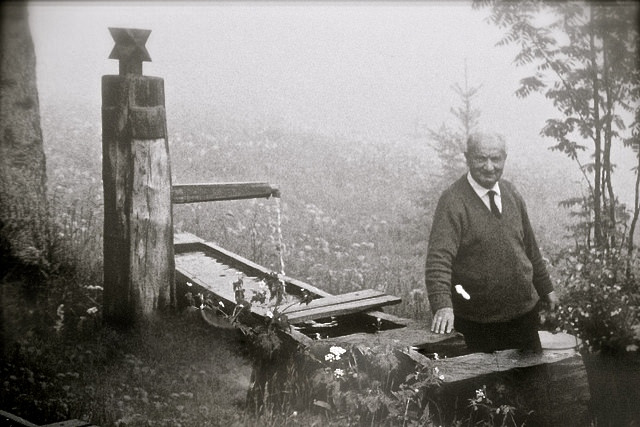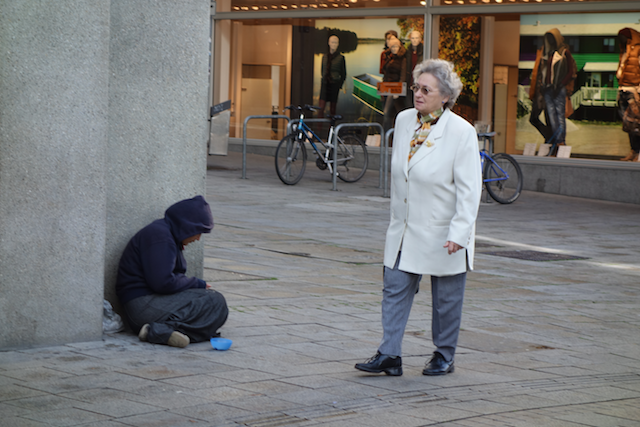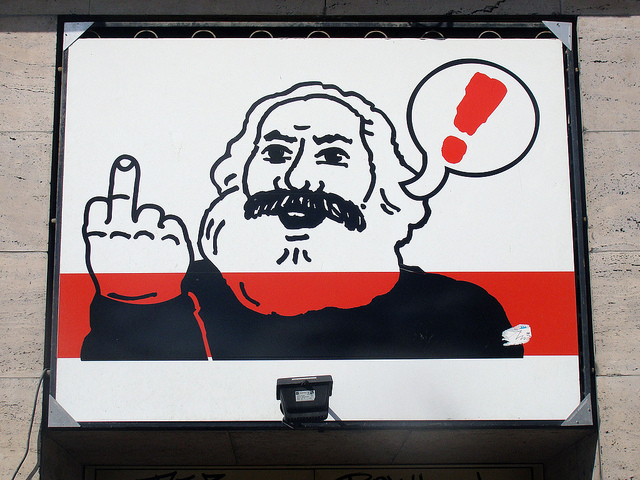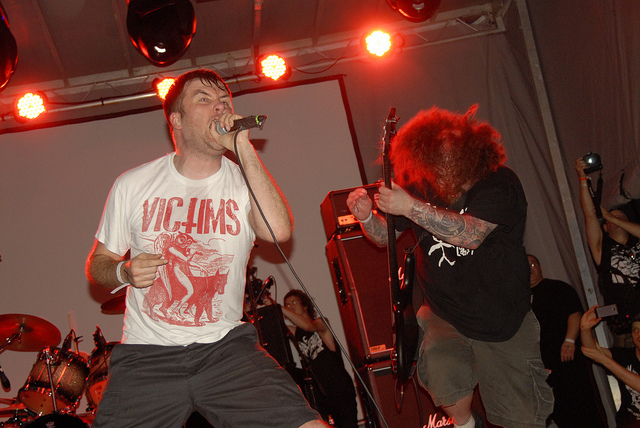In a review of Emmanuel Faye’s 2004 book Heidegger: The Introduction of Nazism into Philosophy, Harvard historian Peter Gordon wrote of the tendency of philosophy to trouble the public sphere “only when some outrage calls the very legitimacy of philosophy into question.” This specter has once again arisen with the publication of notebooks kept by the Martin Heidegger (the so-called Schwarze Hefte) between 1931 and 1938. (More…)
Books
The publication of Capital in the Twenty-First Century, by French economist Thomas Piketty, has come at a crucial moment. In the US, there have been suggestions from the White House that income inequality is a matter of concern. Europe today has become a sort of mad scientist’s laboratory in which defunct theories from the past (austerity, the gold standard, German hegemony) are redeployed in the hope that they’ll work better this time around. (More…)
In May 1903, a group of Serbian army officers fired their way into the royal palace in Belgrade. King Alexander, the scion of the Obrenović dynasty, was discovered with his wife Draga, hiding in a closet. Tricked into revealing themselves, they were hacked to death, and their partially eviscerated bodies were flung out a window. The plotters then paused for a celebratory cigarette. (More…)
Biographical writing can seem futile. This is true in a trivial sense, because on the surface, history is always shaped by the present. One of the best measures of a historian is their ability to recognize this influence, and to correct for it. Biographies are particularly subject to this limitation. Especially those of controversial political figures. (More…)
Greece has taken on the characteristics of a matinee horror show. Like other states on Europe’s periphery, the postwar success story been transformed into a mad laboratory, where technocrats experiment with the importation of disaster capitalism into the EU. You’d be forgiven for thinking it was Germany in the early 1930s, or Chile in the 1970s. (More…)
In the fall of 1992, I moved to New York to attend the New School for Social Research. Separated from my social scene in Portland, Oregon and with little money, I spent my first weeks in Manhattan feeling very much out of sorts. It was then that I reconnected with an old friend from my undergraduate days. Donny was going to Cornell Medical School uptown. He’d grown up in and around the city, and he made it his business to help me acclimate. (More…)
The culture of food is directly connected to the politics of scarcity. This is especially true when it comes to environments that have been bombarded by war. The Gaza Strip is a perfect example. Even before Israel conquered the area, its population had always been marginalized. In keeping, every low point in Gaza’s history has been eclipsed with time. Today, it’s one of the poorest, most densely populated areas in the world. (More…)
Tony Judt, who died in 2010 from amyotrophic lateral sclerosis, had the quality of an epigone. This is not the case because he was a historian of a stripe very much in retreat from the onslaught of post-structuralist trends since the 1970s. He was also a representative of a humanistic strain of liberalism which had, by the time of his death, long since begun to seem atavistic. (More…)
The Cold War was an asymmetric struggle. While communism did not form the monolithic bloc that its liberal democratic critics claimed, the breadth of overt political contestation was kept to a minimum. In the leading liberal capitalist states, by contrast, partisans of a range of political views, from Stalinism to fascism, engaged in intense, multivalent ideological competition. (More…)
There’s no more overused an adjective than legendary. ‘Legend’ used to be reserved those men and achievements that surpassed the norms of everyday experience. Now it is called into service to validate everything from the engine of a Dodge pickup truck to the onion rings at the local diner. If ever the term was properly applied, it would be to Jon “Metalion” Kristianson and his Slayer fanzine. (More…)
Edited by Titus Hjelm, Keith Kahn-Harris, Mark LeVine, Heavy Metal Controversies and Countercultures presents a wide range of perspectives and approaches to the topic, probing the ways that race, gender, violence, and politics find expression in the wide range of instantiations of metal. The editors of this collection all have serious bona fides in the scholarly study of metal. (More…)
“I am just glad there isn’t a cactus on the cover.” Justin St. Germain is in the Tap Room of Tucson’s historic Hotel Congress, discussing his stunning new memoir Son of a Gun. At the time, I think he is simply expressing the saguaro fatigue that afflicts longtime residents of the Sonoran Desert. Images of the tree-sized cactus are stamped on everything imaginable. But when I drive through Tombstone a month later, I realize my mistake: (More…)











